Kymera – Electric Jet Propelled Body Board
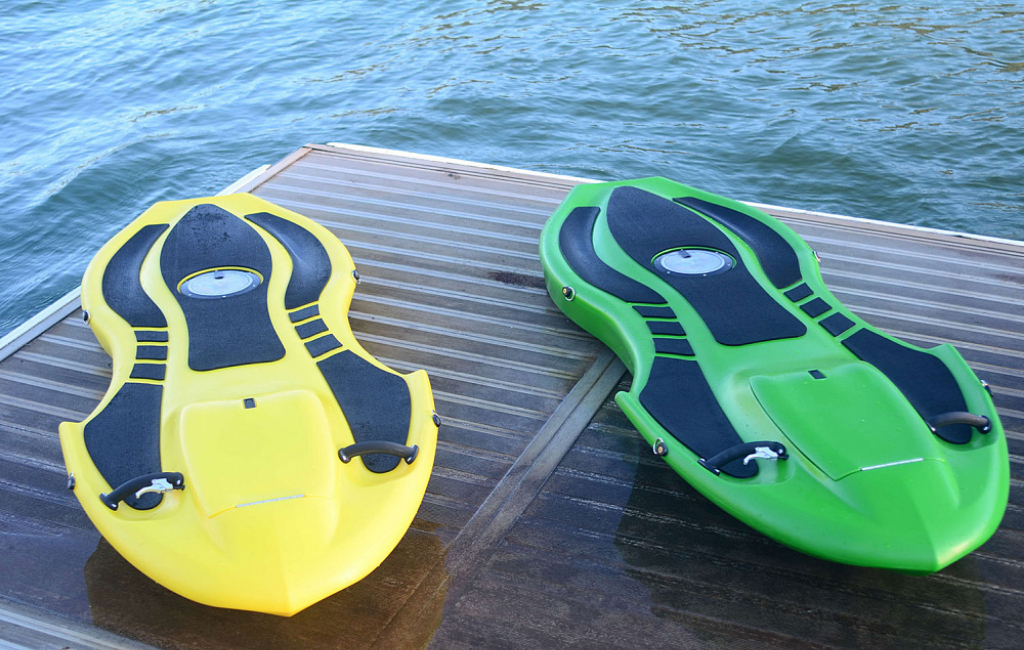
NO DEAL
EPISODE SUMMARY
🕓 Air Date: November 1, 2013
Asking For:
$250,000 for 20%
Investor:
No Deal
Deal:
No Deal
PRODUCT SUMMARY
The Kymea Body Board is an all-electric jet-propelled bodyboard, offering the thrill of a jet ski in a more compact and affordable package.
WATCH HERE
IN A RUSH?
Click these to jump to the section you want to read.
Background Story
Based in Pleasanton, California, Jason Woods is the founder of Kymea Body Board. With a passion for water sports and a desire to innovate, Woods embarked on a journey to revolutionize the industry. Frustrated by the high costs and logistical challenges associated with traditional watercraft like jet skis and stand-up paddleboards, Woods saw an opportunity to create a more accessible and thrilling alternative. Over a decade ago, Woods conceived the idea for Kymea, envisioning a compact and electric-powered bodyboard that could deliver the excitement of a jet ski without the hefty price tag and logistical hurdles.
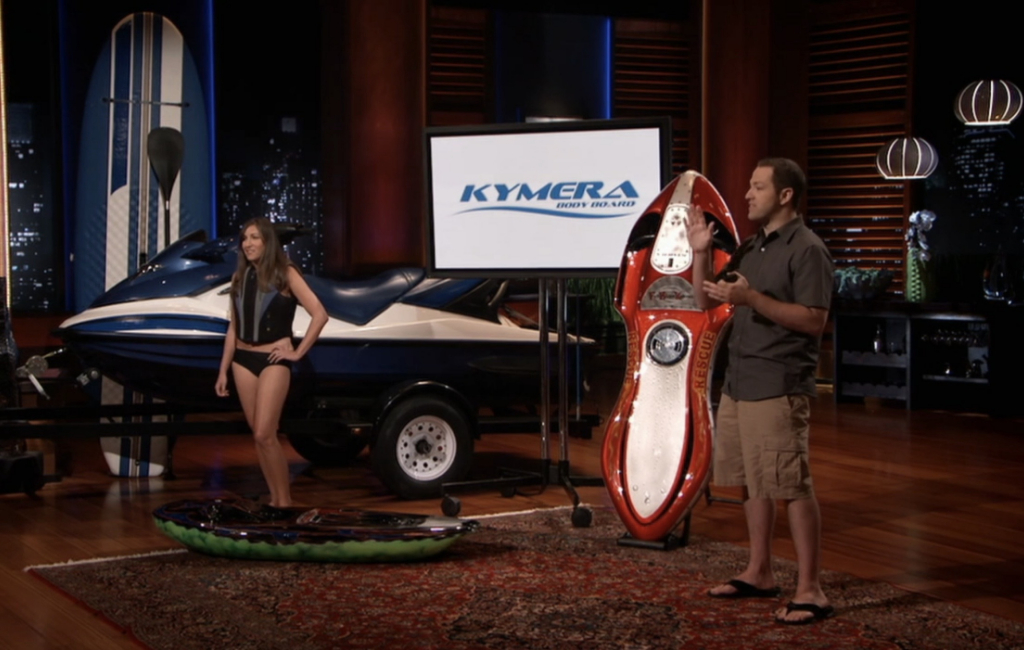
Drawing from his background in engineering and product development, Woods began prototyping and refining his concept, initially starting with gas-powered models before transitioning to an all-electric design. To fund the development and production of Kymea, Woods turned to crowdfunding platform Kickstarter, where he successfully raised $116,000, demonstrating significant interest in his innovative watercraft. Despite setbacks, including changes in Kickstarter’s rules that impacted his fundraising efforts, Woods remained undeterred in his pursuit of bringing Kymea to market.

Through years of perseverance and dedication, Woods has continued to refine the Kymea Body Board, seeking to create a product that combines the thrill of conventional watercraft with the accessibility and portability of a bodyboard. With a background in engineering and a passion for water sports, Woods is committed to realizing his vision of revolutionizing the way people experience the water.
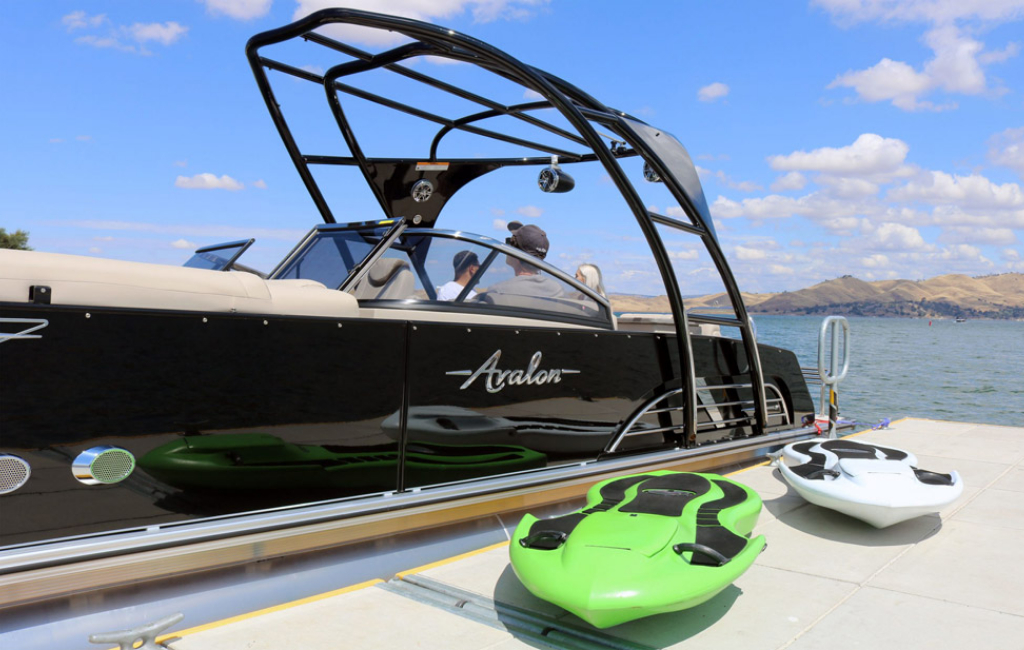
The Product
The Kymea Body Board is an innovative watercraft designed to offer the thrill of traditional jet skis in a more compact and affordable package. Powered by an electric jet propulsion system, the Kymea Body Board provides riders with an exhilarating experience on the water.
Featuring a unique heads-up riding position, riders can control the speed and direction of the Kymea Body Board with ease, making it suitable for users of all skill levels. The lightweight and portable design of the bodyboard make it convenient to transport and store, eliminating the need for expensive trailers or launch ramps.
With a top speed of approximately 15 miles per hour, riders can enjoy the excitement of gliding across the water without the noise and emissions associated with traditional gas-powered watercraft. The Kymea Body Board offers a safe and thrilling alternative to conventional watercraft, allowing users to experience the joy of water sports without breaking the bank.
While the retail price for the Kymea Body Board is estimated to be around $2,800, the product is not currently available for purchase. Founder Jason Woods intends to sell the bodyboards through direct-to-consumer sales on the company’s website once production begins. However, the production process requires injection molds, which pose a significant financial hurdle for the company.
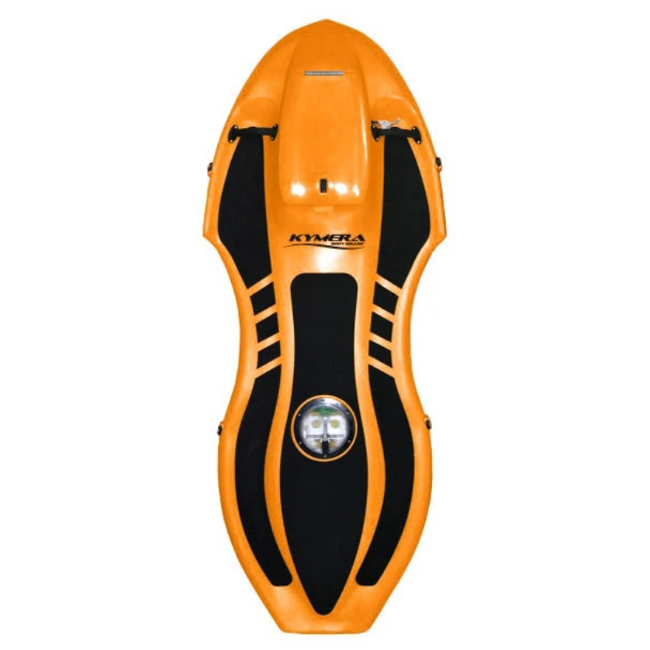
How It Went
The company’s position before Shark Tank
Despite promising interest garnered through Kickstarter, Kymea Body Board faces significant challenges in bringing its product to market and establishing itself as a viable business. As of now, the company has not achieved commercial sales, and its financial position is precarious. Kymea lacks established partnerships or wholesalers, relying solely on founder Jason Woods’ personal investment, which amounts to approximately $130,000 over the past decade. The company’s funding primarily stems from this personal investment, with no external investors or venture capital backing to support its growth.
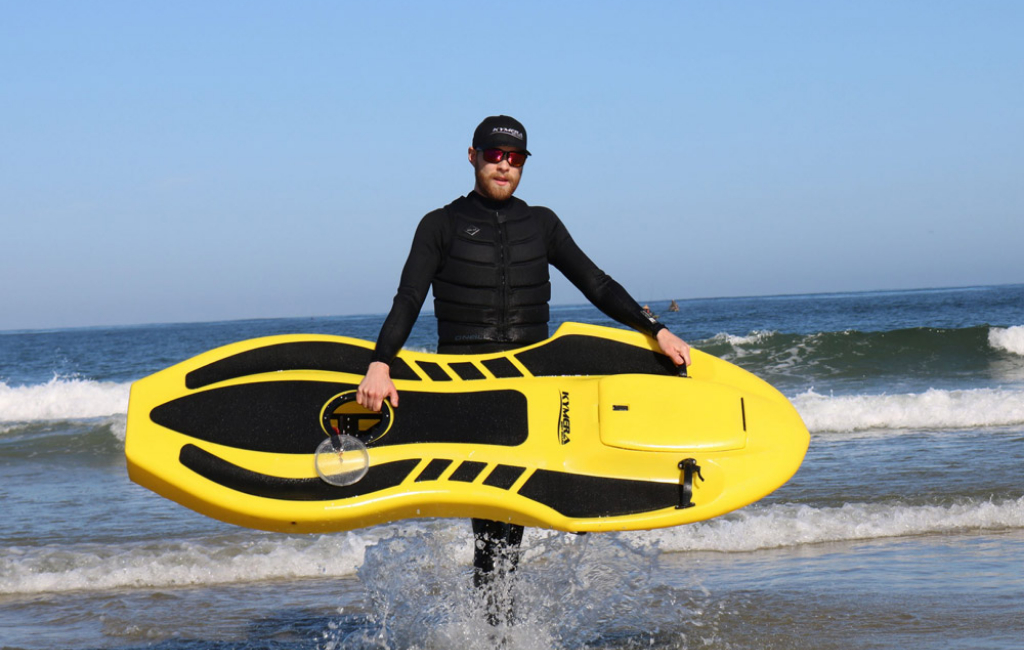
With no sales to date, Kymea has incurred losses rather than profits, further straining its financial resources. The lack of revenue-generating activities and an absence of a clear distribution strategy hinder the company’s ability to generate capital and sustain operations. Currently, Kymea is structured as a sole proprietorship, with Jason Woods spearheading all aspects of the business, from product development to marketing and sales.

However, the company’s reliance on Woods’ personal investment and limited progress in bringing the product to market raise questions about its long-term viability. Despite Woods’ passion and dedication to the Kymea Body Board concept, the company’s financial constraints and lack of commercial traction present significant obstacles to its success. Without a robust business strategy, established partnerships, or access to additional funding, Kymea’s prospects for growth and profitability remain uncertain.
The Negotiations:
In the “Shark Tank” negotiations, Jason Woods pitched his Kymea Body Board seeking $250,000 for a 20% stake in his business. However, the Sharks expressed concerns about the company’s lack of sales, solid business plan, and distribution strategy. Despite Woods’ passion for his product, the Sharks unanimously declined to invest, viewing Kymea as more of a hobby project than a scalable business opportunity. The negotiations highlighted several key points of contention.

Mark Cuban criticized Woods for his failure to provide concrete details about the business’s performance and questioned the high valuation without demonstrated sales. Lori Greiner raised concerns about the product’s safety and market viability, while Kevin O’Leary emphasized the importance of a clear distribution strategy and revenue model. Ultimately, the Sharks were unconvinced by Woods’ pitch and his insistence on maintaining a high valuation without tangible results.

Despite Woods’ efforts to defend his product and vision, the Sharks deemed Kymea too risky an investment, given the lack of sales, unclear business strategy, and significant financial hurdles. In the end, Woods left the tank without a deal, acknowledging the challenges ahead but remaining determined to pursue his entrepreneurial dreams. The negotiation served as a lesson in the importance of a solid business plan, market validation, and a clear path to profitability in securing investor interest and support.







